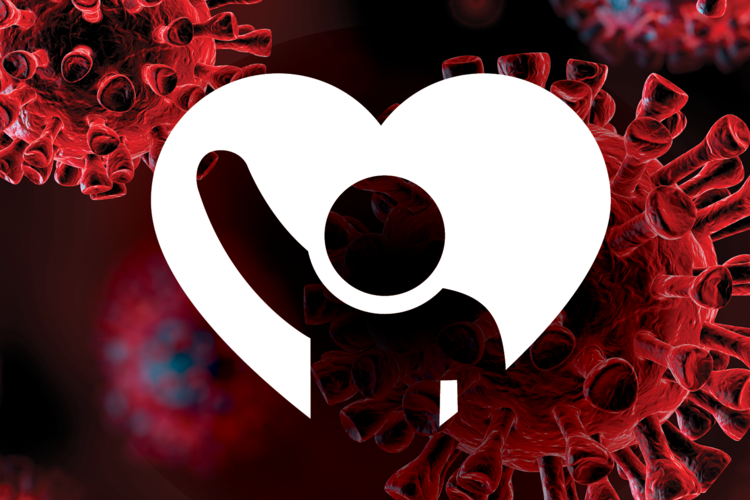The shutdowns in the United States—of businesses, restaurants, schools, churches—began one year ago this March. We asked 14 experts to reflect on the biggest lessons from the past year in the hope that they might help us find a better way forward. You can read the rest of the series here.
In this, our time of plague, we have come to realize that we human beings, although flawed, are more beautiful than we ever could have imagined, that through Love’s extravagance we are graced with a share in the divine image. We recognize that we are fragile and vulnerable, yet strong and resilient; that we are capable of great compassion and generosity, yet also capable of terrifying cruelty and meanness.
We have begun to grasp our ineluctable interconnectedness: We wear masks to protect those whom we love and strangers who are not really strangers at all. We distance ourselves to protect those battered by social inequities. We pray for nurses, physicians, technicians, specialists, medical researchers and scientists; for those who cook and clean and keep buildings in good condition; for those who collect refuse; for those who stock shelves and staff cash registers; for those who deliver packages and mail and food. We are one and, therefore, responsible for and to one another.
In this, our time of plague, we have come to know the shape and texture of mourning. We have become acquainted with suffering and anguish, lament and loss. We have become too intimate with death. Yet we are learning to launch ourselves onto the sea of hope, to steady ourselves and stretch beyond our capacities—no matter how small and limited. We follow hope into the streets to protest injustice, to stand with those excluded and minoritized and marginalized, to risk new solitudes and solidarities. We follow hope’s challenge to re-member, to recollect, to reconsider; to value paradoxes of absence and presence, of daring and possibility.
In this, our time of plague, we must intentionally live and act in hope in order to move into the unknown future that God’s love prepares for all creation.
Catholic Colleges and Universities
Developing Nations
Mental Health
The American Family
Inequality
Technology
Catholic Schools
The American Work Force
Parish Life
Children’s Health
Economy
Catholic Hospitals
Globalization








